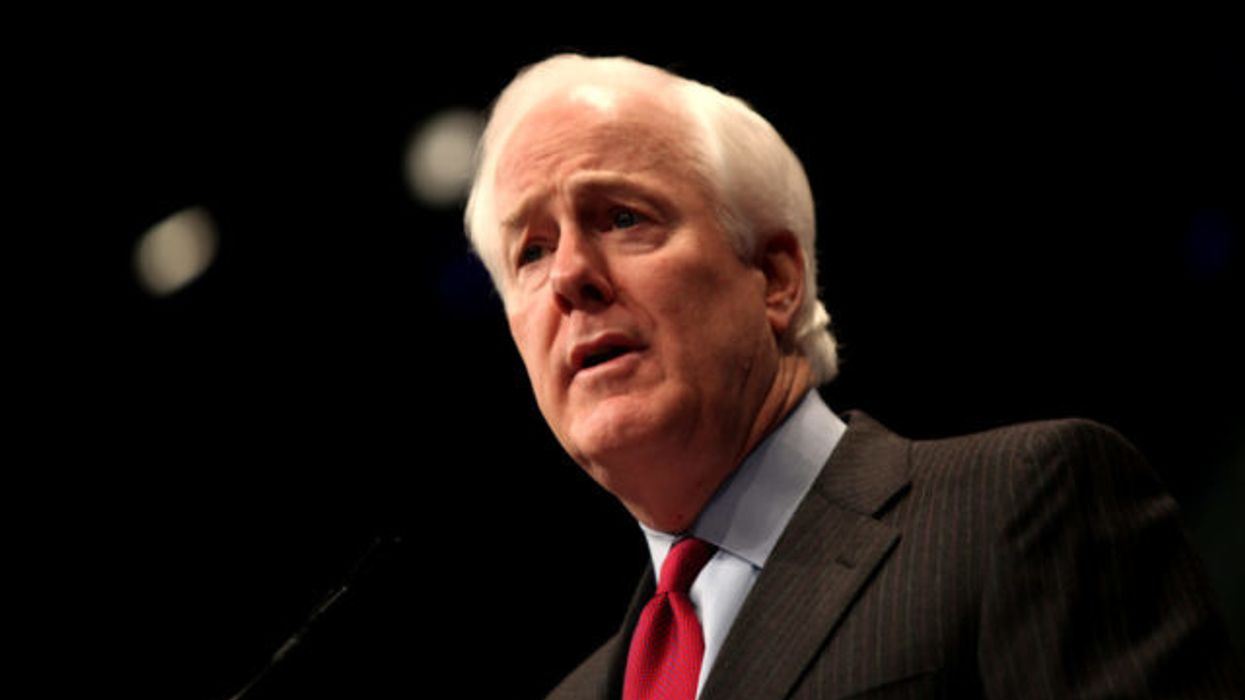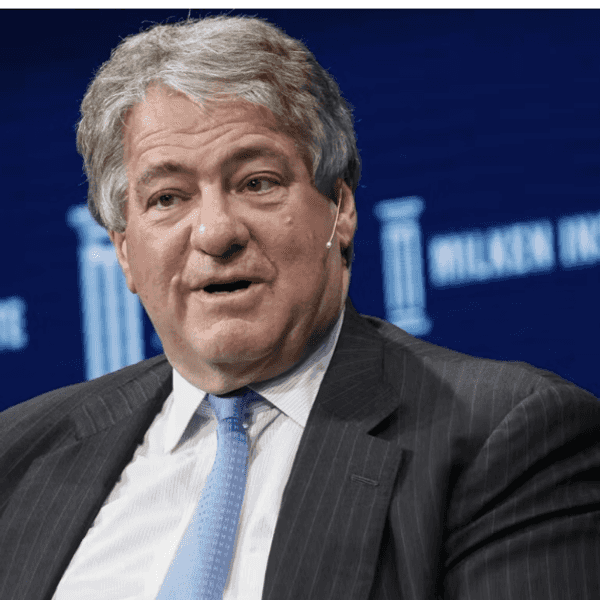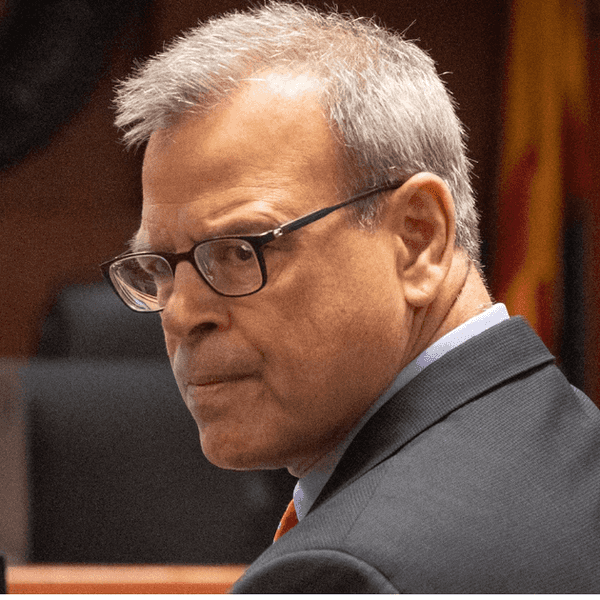Bondi's Delay In Epstein Files Disclosure Irritates Bipartisan Congressional Group
A bipartisan group of congressional leaders has asked Attorney General Pam Bondi for a briefing on when, exactly, she’s going to get around to releasing the Epstein files.
They picked a good day to send a letter to Bondi, as the House Oversight Committee Democrats just released a trove of pictures and videos from Jeffrey Epstein’s private island, including an incredibly creepy photo of a room with what appears to be a dentist’s chair and multiple deeply weird wall hangings.

They also reportedly plan to release records from J.P. Morgan and Deutsche Bank soon.
The administration is no doubt incandescent with rage that two Republicans—Sen. Lisa Murkowski of Alaska and Rep. Thomas Massie of Kentucky— signed onto this letter. But it’s not surprising, given that they were two lead sponsors of the Epstein Files Transparency Act.
The letter was also signed by several Democrats—including Sen. Jeff Merkley of Oregon, Sen. Ben Ray Luján of New Mexico, and Rep. Ro Khanna of California—who might be particularly interested in a new investigation focused solely on Democrats.
All of these Democrats need to be investigated, you see, because of “information [that] has come forward, new information, additional information,” according to Bondi.
But it’s far more likely that this so-called investigation is just Bondi doing President Donald Trump’s bidding.
Trump very much wants to target Democrats, but he also very, very, very much wants to hide any potential mention of him in the Epstein files. After being battered with bad headlines, Trump went on Truth Social to demand Bondi investigate Epstein’s connections to “Bill Clinton, Larry Summers, Reid Hoffman, J.P. Morgan, Chase, and many other people and institutions, to determine what was going on with them, and him.”
Still, Bondi claims that she’s not doing this at the behest of Trump, but because of all that new information. That’s basically an invitation for members of Congress to say, “Well, do tell!” But since it’s highly likely that Bondi doesn’t actually have anything, she’ll probably refuse to respond by December 5, as the letter requests.
It’s also quite possible that this brand-new investigation is just an attempt to stall. The law mandating the release of the Epstein files has a giant loophole, allowing the DOJ to withhold anything that might jeopardize an active federal investigation. So it’s pretty convenient that there’s suddenly an active federal investigation.
It was never a question of whether the administration would try to dodge the 30-day deadline to release the files, but rather a question of how it would go about it. Looks like we’ve found out.
However, with both parties keeping the pressure on and Democrats’ steady drip, drip, drip of files, Bondi is going to have to work really hard to protect her boss—and she can’t keep “investigating” forever.
It’s clear she knows that a reckoning is coming. She can delay it, but she can’t stop it.
Reprinted with permission from Daily Kos












